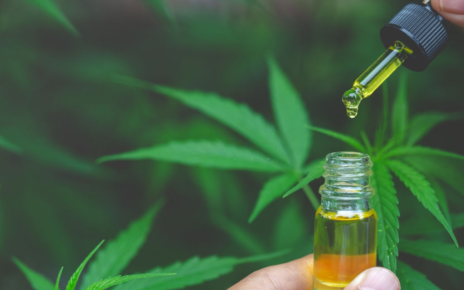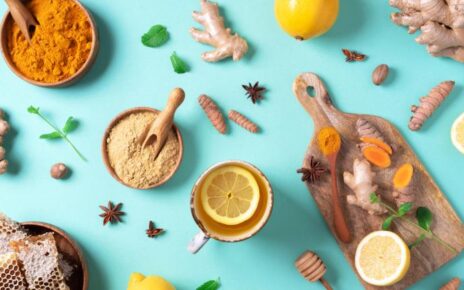Fruit and vegetables are packed full of vitamins, minerals, amino acids, essential fatty acids, carbohydrates, proteins and much, much more. Each fruit and vegetable has its own special quality which is rejuvenating and healing. When you extract the juice from the fruit and vegetables, you are discarding the fibre which means the juice, together with all its health-giving properties, is immediately assimilated into the body. Your digestive system is given a rest as it has no fibre to process.
Use a citrus press for juicing citrus fruit. For all other fruits and vegetables, you will need to buy a juicer. There are three types:- centrifugal, masticating and triturating. The centrifugal juicer is the cheapest and does the job quickly and efficiently. However, it doesn’t produce as much juice as the other two juicers and the quality is not as good, so it needs to be drunk immediately, so oxidation doesn’t occur. If you are just trying out fresh juice, buy a centrifugal juicer to begin with; if you get hooked, then splash out and buy one of the other types. Note this juicer cannot juice wheatgrass. The masticating and triturating juicers can juice wheatgrass and also juice greens much better than the centrifugal juicer.
It is better to start slowly. Choose a couple of fruits that you really enjoy and juice these. The next day, start adding a little ‘green’ to your juice; such as cucumber, lettuce or celery. It is important that you don’t just have fruit juices as they obviously have very high sugar content. People with diabetes, hyperglycaemia and candida should consult with a dietician or their doctor before embarking on a juicing regime.




